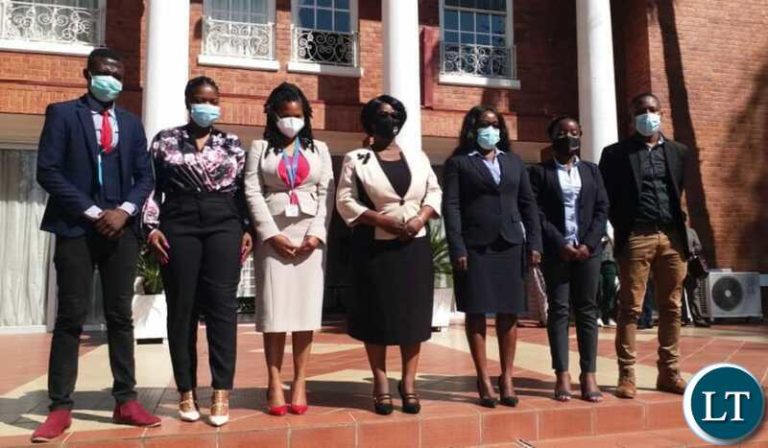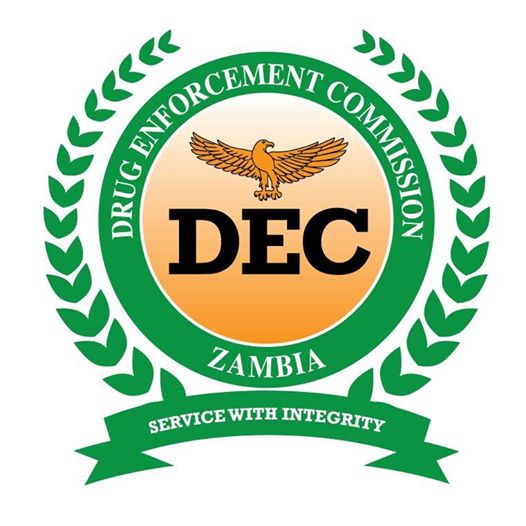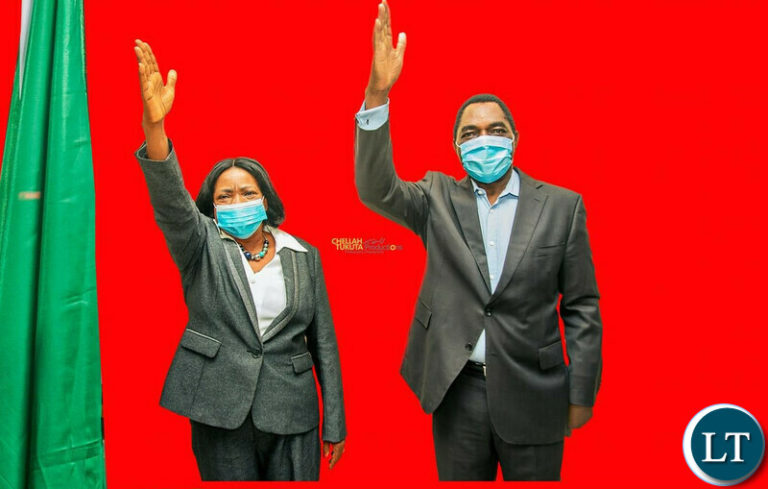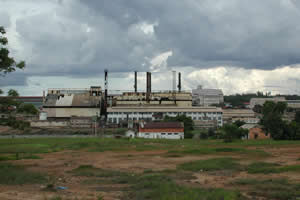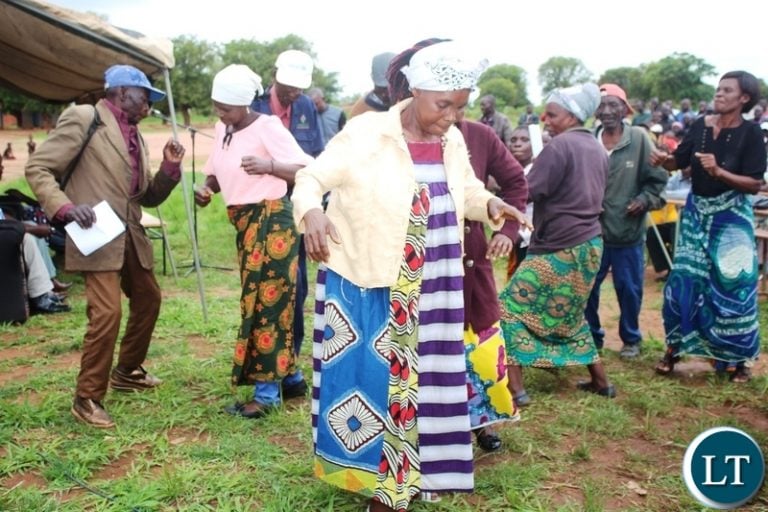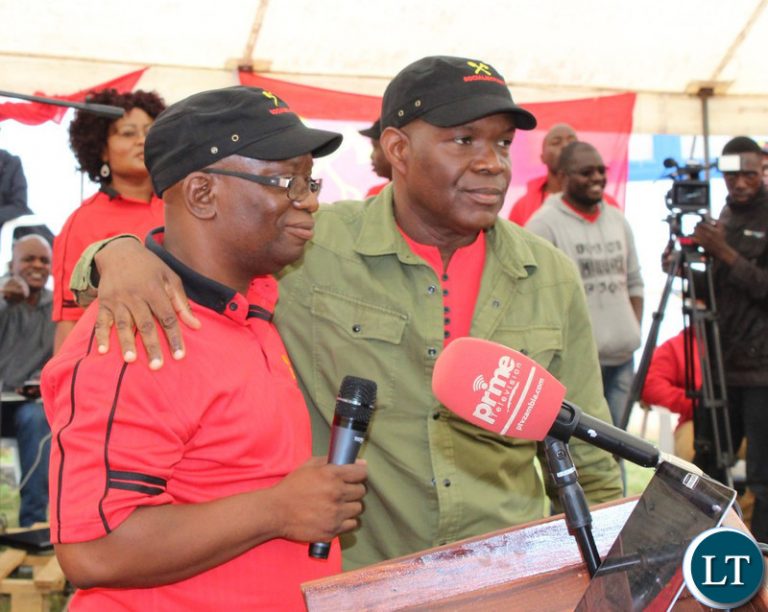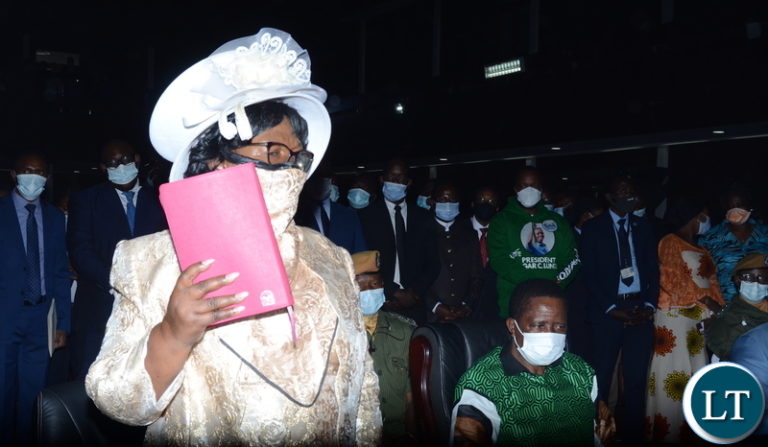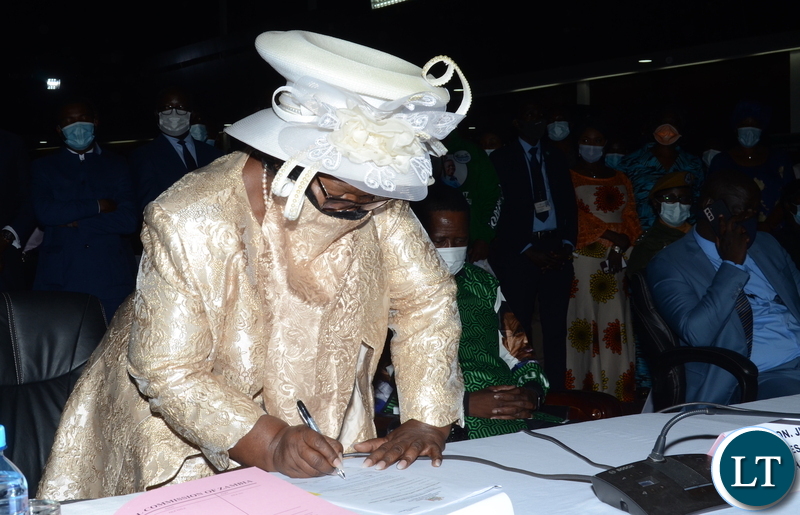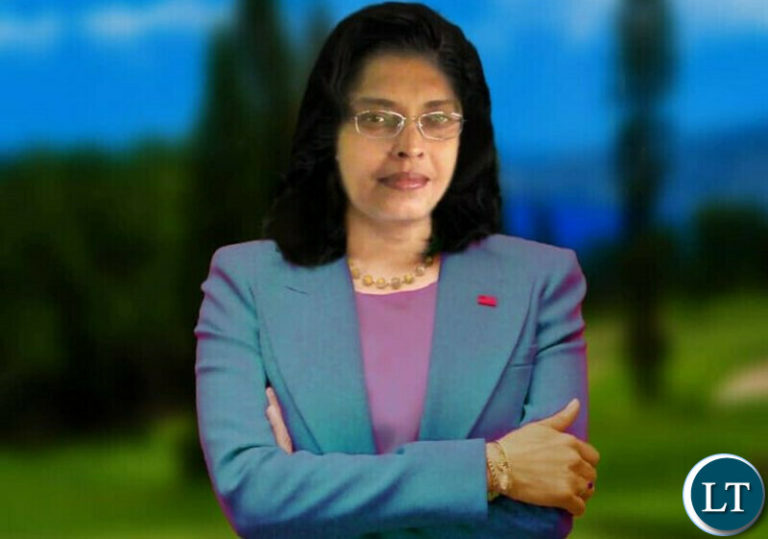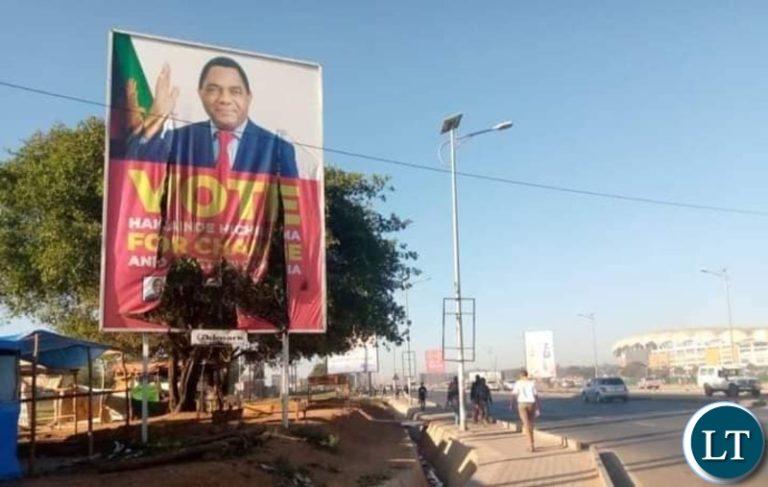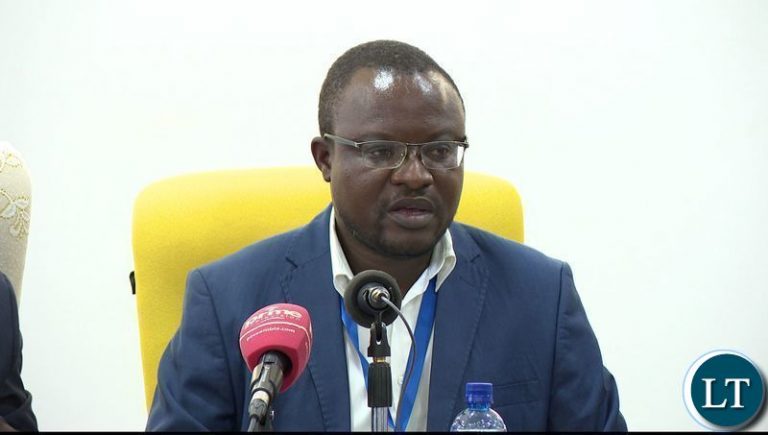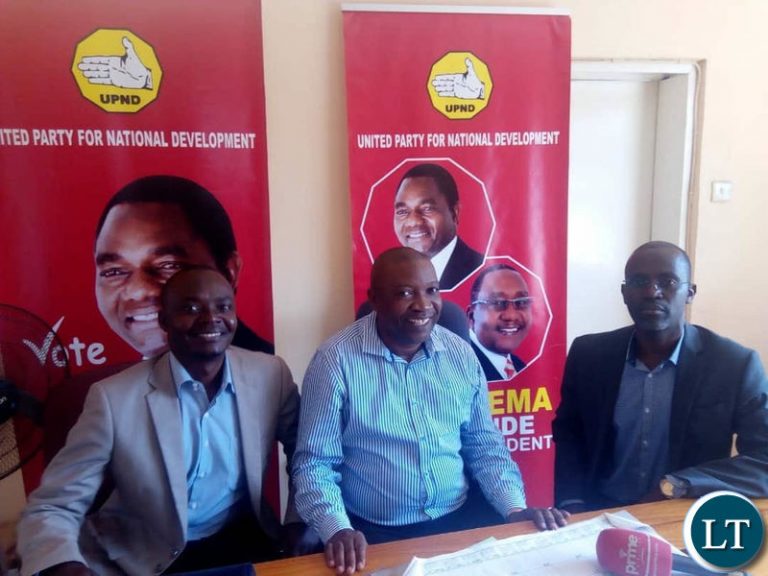Nkana roared back to life in stunning fashion today after coming from one down to collect a 4-1 home win over Napsa Stars in an all relegation zone dogfight.
The win saw Nkana rebound from Sundays 2-1 home loss to Lusaka Dynamos that brought to a halt their three match revival.
Jimmy Mukeya fired in a stunning strike in the 13th minute to give Napsa the lead.
But Nkana replied in the 37th minute when Duke Abuya levelled matters to send the two sides 1-1 into the break.
Nkana hit the ground running straight from the dressing room when Diamond Chikwekwe slotted in the ball from closerange in the 47th minute.
Gilroy Chimwemwe added a breathtaking volley from range in the 56th minute as Napsa’s defence struggled to contain the pressure from Nkana led by the combative Alex Ngonga.
Ngonga didn’t want to be left out of the show and got in on the act in the 82nd minute with a closerange shot courtesy of an assist from Chimwemwe.
The result left Napsa without a league win over Nkana going back to 2015 and have since then lost eight and managed two draws against the Kitwe giants.
Meanwhile, Nkana rise from 17th to 16th exchanging positions with Lumwana Radiants on 31 points and 30 points with six and five matches left respectively.
Napsa are just above Nkana in the top part of the relegation zone at number 15 on 36 points with seven fixtures left.
In the lunchtime kick off at the same venue, Lusaka Dynamos moved from fifth to fourth following a 1-0 away win over demoted Kitwe United.
Collins Sikombe scored the games lone goal in the 83rd minute to see Dynamos tied on 46 points with third positioned Red Arrows.
They are behind Zanaco on 50 points and leaders Zesco United who are on 56 points.
Zesco visit Dynamos this Sunday in Lusaka.




